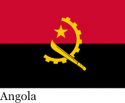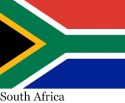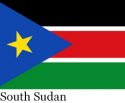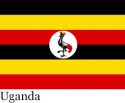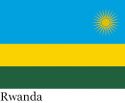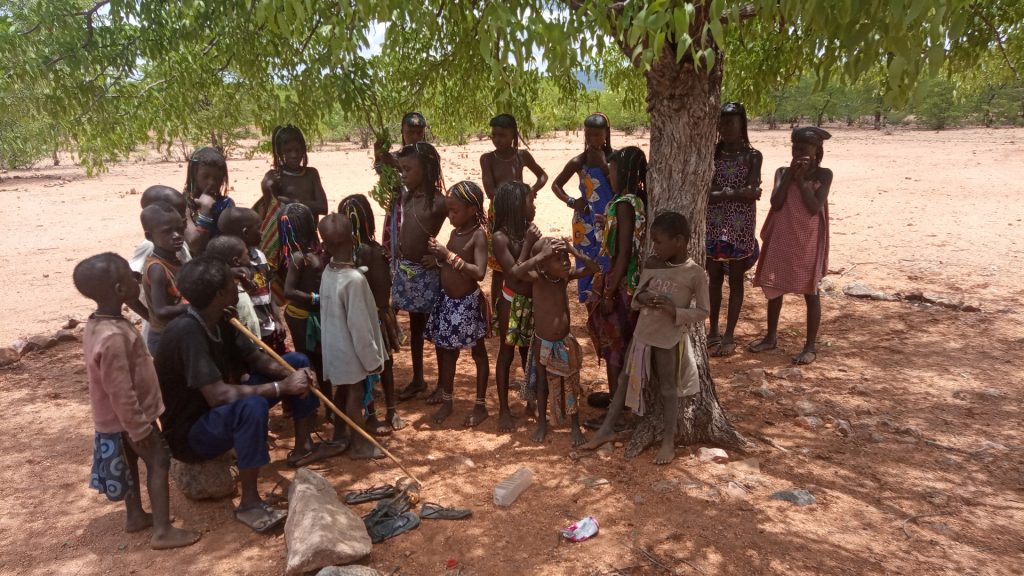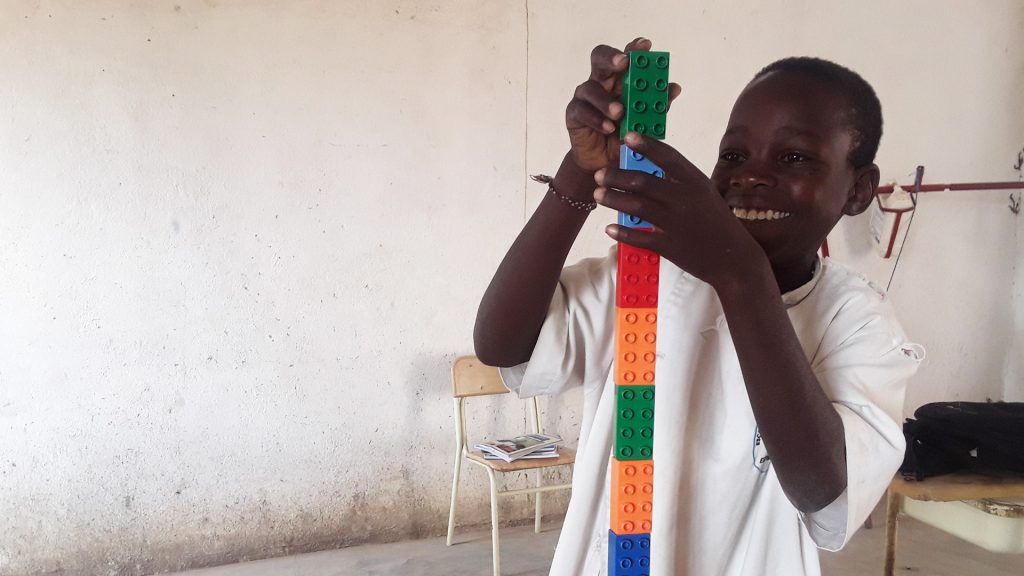



Joint Aid Management is empowering Africans to create
better lives for themselves.
ABOUT US
Joint Aid Management (JAM) is an African-founded, Christian international humanitarian relief and development organisation.
WHAT WE DO
In line with our vision of Helping Africa help itself our programmes provide sustainable solutions for beneficiaries across Africa.
HOW WE WORK
Through local and international donor partnerships, we implement programmes that address the needs of recipient countries.
WHERE WE WORK
Together with our partners we operate our programmes, providing lifesaving interventions and development projects, in the following African countries:

Angola
1,599,041 PEOPLE ASSISTED IN 2020
JAM Angola was established in 1991 at the height of the civil war initially providing relief feeding. Currently, JAM is working with the local Government to provide school meals to students in the Benguela and Kwanza-Sul provinces and work in Malnutrition Clinics across the country to address Severe and Acute Malnutrition amongst infants, children, and pregnant or lactating women.
Current Programme Interventions;
- Food and Nutrition: School Feeding, Supplementary Feeding, Addressing Malnutrition
- Water Sanitation and Hygiene: Water provision, Hygiene and Sanitation promotion
- Food Security and Livelihoods: Community Gardens, School Gardens
Mozambique
958,315 PEOPLE ASSISTED IN 2020
JAM Mozambique was established in 1984 to tackle poverty and starvation head-on, during the war where so many starved to death. JAM currently has a focus on using goods grown in and around the schools to supplement and diversify children’s diets and also has a food Factory in Beira that uses local produce to manufacture the Corn Soya Blend (CSB) used in our school feeding programme. This factory received ISO 22000 Certification which means international recognition of operational excellence and food safety methods and most important-the children we serve are receiving the quality they deserve.
Due to the nature of the environment, our team responds to humanitarian emergencies as a result of conflict and natural disasters suffered by this country.
Current Programme Interventions;
- Food and Nutrition: School Feeding
- Food Security and Livelihoods: Community Agriculture
- Water Sanitation and Hygiene: Water provision, Hygiene and Sanitation Promotion
- Emergency Response: Non-Food Item Distribution
- Makeovers and Project Visits: Improvement of Schools in Readiness for School Feeding. This Includes Kitchens, Food Stores and Eating Area.
South Africa
413,218 PEOPLE ASSISTED IN 2020
JAM South Africa was established in 2004 to provide school meals to South African students. In 2008, when the South African Government took over school feeding, JAM started providing meals to pre-school students instead.
The pre-school feeding programme has since developed into a holistic Early Childhood Development (ECD) programme including teacher training, infrastructure development, and feeding. Today JAM SA provides daily meals to around 120,000 pre-school students across Gauteng, Eastern, and Western Cape, KZN, and Limpopo.
Current Programme Interventions;
- Food and Nutrition: Pre School Feeding
- Water Sanitation and Hygiene: Water Provision, Hygiene and Sanitation promotion
- Food Security and Livelihoods: School and Community Gardens
- Emergency Response: Non-Food Item Distribution
- Makeovers and Project Visits: Improvement of Preschools to Ensure a Safe and Secure Environment Conducive to Learning and Development
South Sudan
811,532 PEOPLE ASSISTED IN 2020
JAM South Sudan was established in 2002 providing food, and water for many who were desperate and displaced during the civil war. JAM’s interventions here have grown rapidly due to the extremely dire needs of its people. We are now a primary distribution partner to the World Food Programme in this region.
Due to the nature of the environment, our team responds to humanitarian emergencies as a result of the conflict and natural disasters suffered by this country.
Current Programme Interventions;
- Food and Nutrition: General Food Distribution, School Feeding, Therapeutic Feeding, Supplementary Feeding.
- Food Security and Livelihoods: Food for Work, Cash for Work, Seed Trade Fair, Emergency Livelihood Response, Livestock Vaccination and Teatment.
- Water Sanitation and Hygiene: Water provision, Hygiene and Sanitation promotion.
- Emergency Response: N0n-Food Item Distribution.
- Makeovers and Project Visits: Improvement of Schools in Readiness for School Feeding. This Includes Kitchens, Food Stores and Eating Area.
Sierra Leone
106,855 PEOPLE ASSISTED IN 2020
JAM Sierra Leone, in partnership with the local Government, has been implementing school feeding since 2018 using a holistic and sustainable model that promotes local food production, diversification of diet, and excellent nutrition for young developing children.
Current Programme Interventions;
- Food & Nutrition: School Feeding
- Food Security and Livelihood: School Gardens
Uganda
32 918 PEOPLE ASSISTED IN 2020
JAM works with South Sudanese refugees in partnership with the Office of the Prime Minister (OPM) in Refugee camps in the North West region of Uganda including Imvepi, Lobule Rhino, and Moyo.
There we provide training on agriculture and start-up kits to develop their own food gardens that families use for diet diversification having previously lived on the maize and soy rations provided. Most are able to sell the surplus harvest to fellow refugees and host communities as a source of income.
In addition, we provide sanitation and hygiene kits to assist with general health and well-being.
Current Programme Interventions;
- Emergency Relief: Non-Food Item distribution
- Food Security and Livelihoods: Community Nutrition Gardens, School Gardens, Community Agriculture
- Water Sanitation and Hygiene: Hygiene and Sanitation Promotion
Rwanda
3000 PEOPLE ASSISTED IN 2020
JAM established operations in Rwanda in 1994 immediately after the genocide, initially providing relief.
In 1998, thanks to support from Life Outreach International, JAM established the Fred Nkundla Life Centre (FNLC) to care for children orphaned by the genocide.
Since then the FNLC has integrated hundreds of orphans back into their families and communities and has transitioned the FNLC into a vocational skill and training centre that provides instruction in welding, hairdressing, culinary arts, masonry, and carpentry, with female students also encouraged to study in male-dominated fields. Students are also taught French, English, mathematics, entrepreneurship, and computer literacy.
Current Program Interventions;
Text ‘JAM’ to 70470 to donate £5
Texts cost your donation and one std rate msg. To donate £10, £15 or £20, simply include the amount you wish to give e.g. ‘JAM 10’
Partnerships






